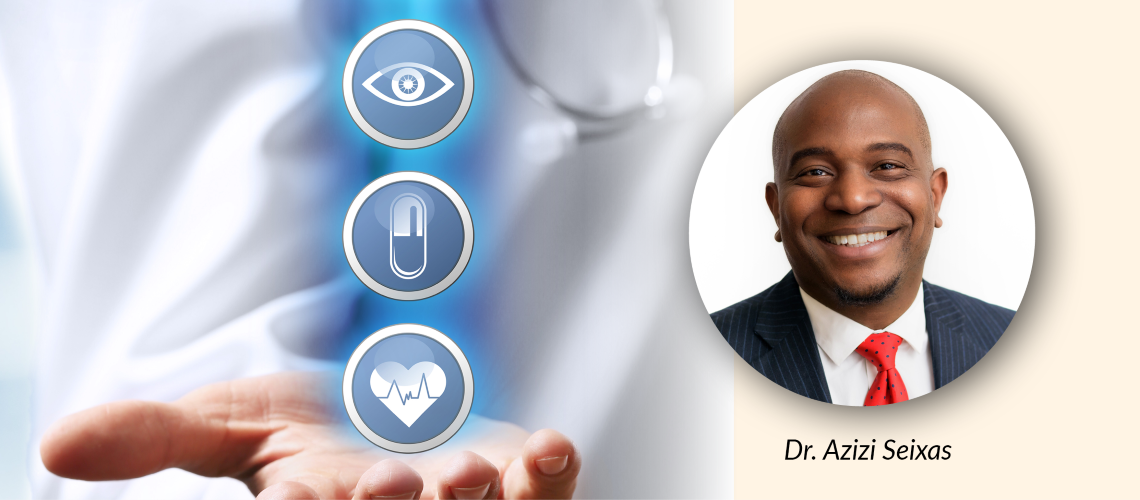Researchers at the University of Miami Miller School of Medicine are using an innovative approach to address sleep health issues in underserved communities. The project, called the Media and Innovation Lab (MIL) Box, delivers wearable and nearable technology devices to a patient’s home. The devices include smart watches, smart rings, blood pressure monitors, air quality devices, smart phones, and more. Data is captured 24 hours a day for seven days and uploaded to the cloud. Once the data is received, researchers use AI machine learning to identify diseases and create new ways of understanding health and wellness. Dr. Azizi Seixas, Founding Director of the MIL, says the technology is “geared towards understanding the potential barriers and facilitators to people getting good sleep.” Once a person’s data is collected, researchers can create a biometric algorithm that represents that person’s “digital twin.” According to Dr. Seixas, the digital twin is a significant step towards personalized medicine. Instead of choosing a treatment or medication based on what has worked in a similar demographic group, the digital twin can be used to select the approach that will work best for the individual. “Instead of doing trial and error types of treatments, we will know already the solutions that will work best,” said Dr Seixas. The data infrastructure can also be used to better understand why some people get a certain illness and others do not. Dr. Seixas said the research could also identify new early warning signs of health problems, catching issues before they become a major health concern. It might sound like science fiction, but Dr. Seixas says, “your digital twin will heal you!”



